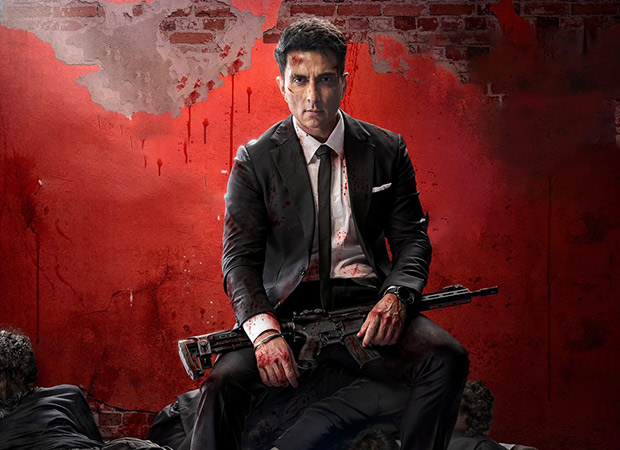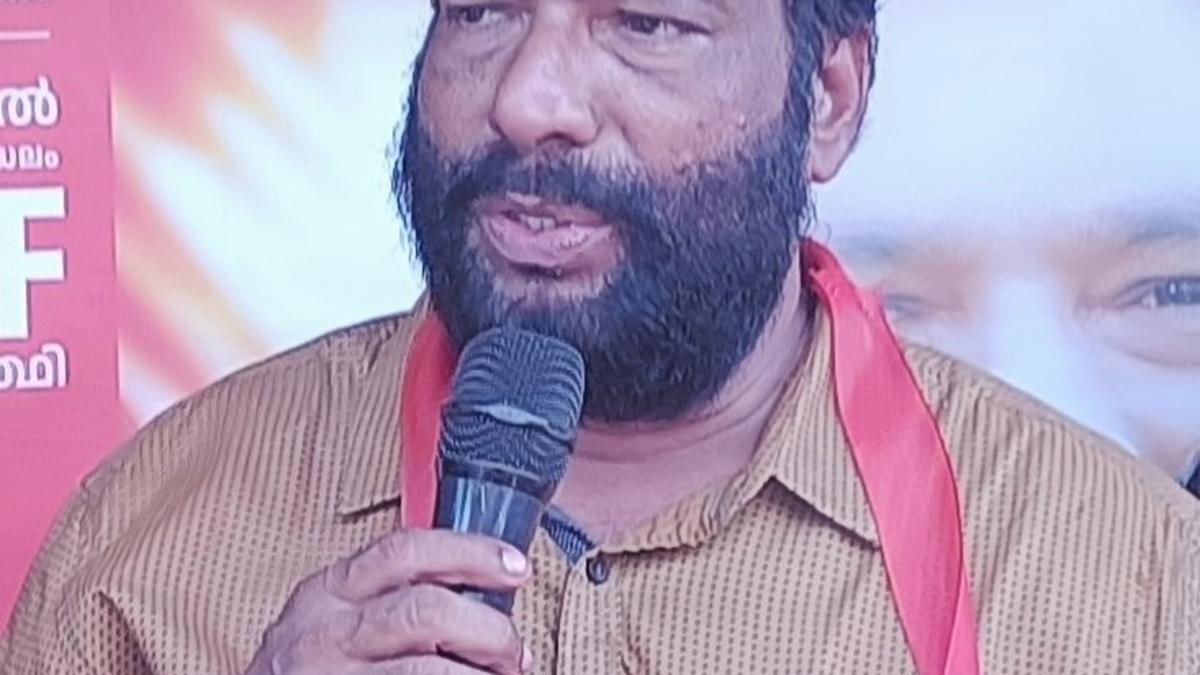The US Supreme Court refused to intervene in the New York criminal conviction of Donald Trump for hiding hush-money payments, rejecting a long-shot bid by Missouri and other Republican-led states to delay the former president’s sentencing until after the election.
The justices on Monday declined to let Missouri take the unusual step of suing New York at the nation’s highest court. Missouri had sought to temporarily block the former president’s sentencing on Sept. 18 and lift the gag order that bars him from talking about jurors in his case or court staff and their family members.
A majority of justices voted against letting Missouri file the complaint. Justices Clarence Thomas and Samuel Alito would have let the state file it but wouldn’t have granted the state’s requests to delay the sentencing and lift the gag order, according to the one-paragraph order released by the court.
Missouri Attorney General Andrew Bailey wrote in an online post that it was “disappointing that the Supreme Court refused to exercise its constitutional responsibility to resolve state v. state disputes.”
Trump, the Republican nominee for president in the November election, was convicted in May on 34 felony counts of falsifying business records. His sentencing has been delayed so state court Justice Juan Merchan can review the impact of the Supreme Court’s July 1 ruling conferring criminal immunity on presidents for many official acts taken while in office.
In seeking to press its suit, Missouri contended the sentencing and gag order would harm the state’s voters by complicating the scheduling of campaign events and limiting what Trump can say.
New York urged the Supreme Court to reject the complaint, saying it consisted only of speculative and generalized grievances and didn’t allege any concrete harm to Missouri itself. New York also said the state doesn’t control the prosecutorial decisions of its local elected district attorneys, including Manhattan DA Alvin Bragg, who pressed the charges against Trump.
A spokesperson for Bragg declined to comment on the Supreme Court order.
Missouri sought to invoke the Supreme Court’s so-called original jurisdiction, which lets states seeking to vindicate their sovereign interests sue one another directly at the nation’s highest tribunal as if it were a trial court.
Missouri had backing at the Supreme Court from Florida, Iowa, Alaska and Montana.
The case is Missouri v. New York, 22O159.
With assistance from Patricia Hurtado.
This article was generated from an automated news agency feed without modifications to text.






